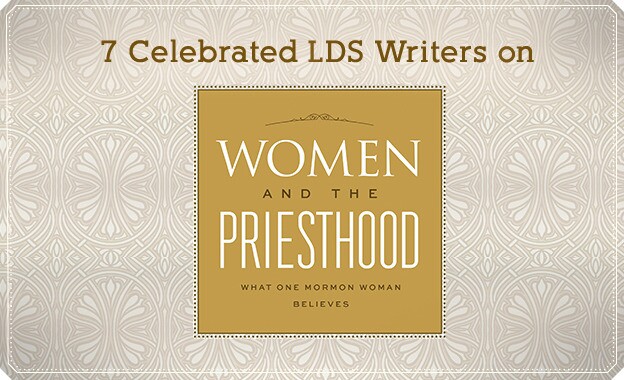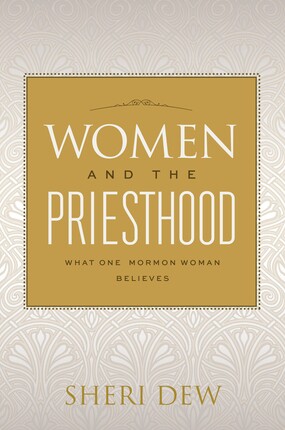
On the next to last page of her book, Sheri Dew responded to something written by Eliza R. Snow and declared, “I stand with Eliza” (p. 173). Now I respond to what Sheri Dew has written with the same words: I stand with Sheri.
Reviewing the chapter on motherhood (Chapter 7) brought a flood of emotions because I read it shortly after my own mom’s passing. My mom’s life was evidence that motherhood is not about who does household chores. Mom and Dad raised four sons and no daughters. There was never men’s work and women’s work in our home. There was just work to be done and we did it together. Motherhood is not about staying home. Everyone’s circumstances are unique. Mom taught school during many of my growing-up years. Motherhood is not about just giving birth. In addition to her sons, Mom mothered hundreds of children who passed through her second-grade classroom. Sister Dew pointed out that “the word mother has layers of meaning” (p. 141) and that ultimately “motherhood defines [women’s] very identity, [their] divine stature and nature” (p. 142).
Any priesthood holder worth his salt recognizes, values, and admires the loving, leading, nurturing, and mentoring (p. 147) provided by the women/mothers in his life. Consider this example from Ann and Mitt Romney: Ann admitted there were days when her young sons would push her to her limit. At many of those times Mitt would be away traveling for business. Ann said, “When Mitt would call home and hear the exasperation in my voice, he would remind me that the work I was doing . . . was far more important than whatever he was doing at the time. His work was temporary, but my work would last forever” (LDS Living, Nov/Dec 2013, p. 31). Another example is found in the powerful quotes on motherhood from prophets and apostles Sister Dew presented—not just the words, but also the fact that none of these men would be who they are today without the influence of their mothers, wives, and other women who guided them as they grew and matured. No wonder President Boyd K. Packer declared, “[Woman] is not equal to man; she is superior!” (The Things of the Soul, 1996, p. 172).
When serving in the stake presidency of a YSA stake I interviewed many young men who were preparing to be ordained elders. “What is the priesthood?” I would ask. Most responded, “It is the power and authority of God given to us.” It was a good answer, but not complete. I encouraged those young men to add a little more to that basic definition: The power and authority of God given to us to do His will and accomplish His purposes. This is the same broader definition that Sister Dew has presented. It is the bigger picture we all need to keep in mind as we think deeply about motherhood, priesthood, and how men and women are totally dependent on each other.
Brad Wilcox is a professor of teacher education at BYU, where he also works with Especially for Youth and Education Week programs. He is the author of The Continuous Atonement and The Continuous Conversion, as well as coauthor of 52 Life-Changing Questions from the Book of Mormon.
In Women and the Priesthood, beloved author Sheri Dew explores the doctrines surrounding a topic that is crucial for both women and men to understand: the role of women in the LDS Church and their relationship with the priesthood.
Key discussions include the varying responsibilities of men and women in the context of key doctrine of the Church and the eternal truths that women are vital to the success of the Lord's church, that God expects women to receive revelation, and that both men and women have access to God's highest spiritual blessings.
This enlightening book shows how studying the doctrine of the priesthood will help you find the answers you seek about women and the priesthood, about women in the Church, and about the vital influence righteous women can have in the world. Get it now Deseret Book.

